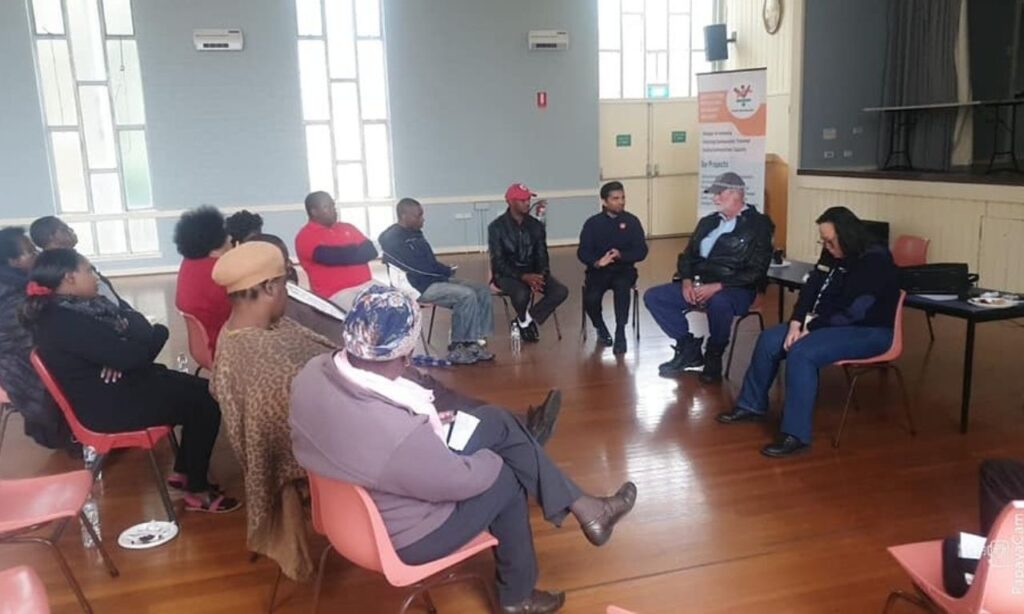Support Caregivers: Strategies for Managing Secondary Trauma

Support Caregivers: Strategies for Managing Secondary Trauma
Caregivers play a critical role in our society, providing essential support to individuals in need. However, this role can often come with emotional and psychological challenges, particularly secondary trauma. At CROSS-CULTURAL PARTNERSHIPS ENGAGEMENT (CCPE Worldwide), we understand the importance of caregivers support to ensure their well-being and effectiveness. Here, we explore strategies for managing secondary trauma among caregivers.
Understanding Secondary Trauma
1. What is Secondary Trauma?
Secondary trauma, also known as vicarious trauma, occurs when caregivers are indirectly exposed to the traumatic experiences of those they support. This exposure can lead to symptoms similar to those of post-traumatic stress disorder (PTSD), including anxiety, depression, and emotional exhaustion.
2. Recognizing the Signs
Caregivers may exhibit various signs of secondary trauma, such as difficulty sleeping, irritability, feelings of hopelessness, and physical symptoms like headaches or stomachaches. Early recognition is crucial for timely intervention.
Strategies for Managing Secondary Trauma
1. Establishing Boundaries
Setting clear boundaries between personal and professional life is essential for caregivers. This might include designated times for self-care, hobbies, and relaxation away from caregiving responsibilities.
2. Seeking Professional Support
Access to professional counseling or therapy can provide caregivers with the tools and support they need to manage secondary trauma. Therapy sessions can offer a safe space to process their experiences and develop coping strategies.
3. Practicing Self-Care
Regular self-care practices, such as exercise, meditation, and healthy eating, are vital for maintaining physical and mental health. Encouraging caregivers to prioritize self-care helps build resilience against secondary trauma.
4. Fostering Peer Support Networks
Creating peer support networks allows caregivers to share their experiences and provide mutual support. These networks can be formal, like support groups, or informal, like regular meet-ups with colleagues.
5. Providing Training and Education
Ongoing training and education about secondary trauma and effective coping strategies empower caregivers to manage their stress. Knowledge about trauma-informed care can also enhance their caregiving skills.
CCPE Worldwide’s Approach
At CCPE Worldwide, we prioritize the well-being of caregivers through initiatives such as the Vacuum Therapy/Beyond Resettlement Project. This project provides periodic support and training to caregivers to prevent secondary trauma and improve their overall effectiveness.
Conclusion
Supporting caregivers is essential for their well-being and the quality of care they provide. By implementing strategies for managing secondary trauma, we can ensure that caregivers remain resilient, healthy, and effective in their vital roles. At CCPE Worldwide, we are committed to fostering environments that support and empower caregivers, promoting a culture of care and compassion.
Contact Us: [email protected] or [email protected] | +61466982833
Interested in learning more about our projects or getting involved? Contact us today at [email protected] or [email protected] or call +61466982833. Together, we can build a brighter future through cross-cultural partnerships.
